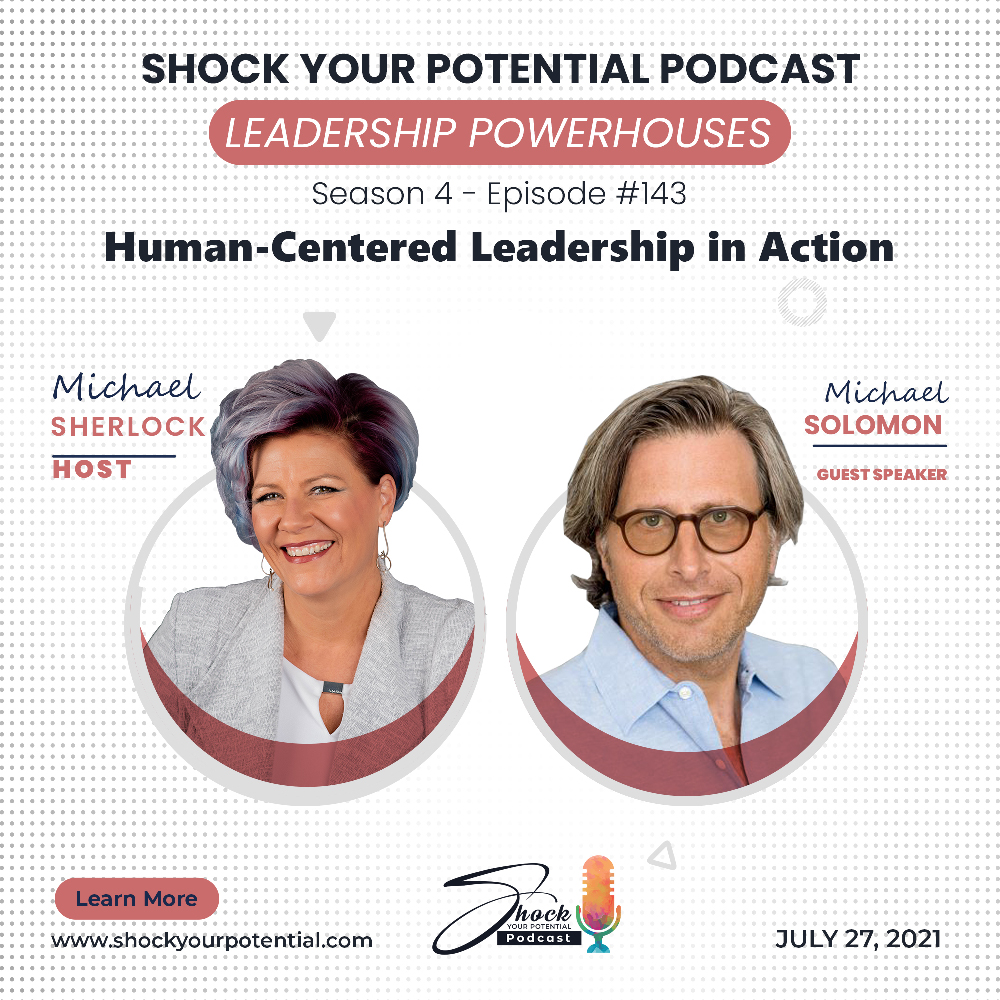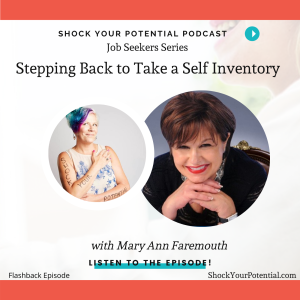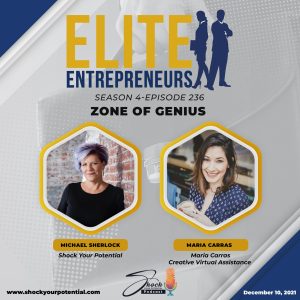“It is always about people first in service of your business goals.” Michael Solomon
Times have evolved and continue to do so, and so have people and as a result, the organizations that they work for. The changes have further been accelerated by the current pandemic which has forced organizations to rapidly adjust their behaviors to remain productive. However, moving forward organizations need to align their work policies to enable them to be aware and match their aspirations with the needs and goals of the people who work for them. This is according to our guest today, Michael Solomon, who further says that for employers to get and retain top talent, they should endeavor to show kindness to their employees by treating them humanely.
Michael Solomon is an established entrepreneur with a strong desire to help people, a sharp eye for business, and a commitment to making a difference. The six organizations he’s helped found — for-profit and nonprofit alike — share a common goal of improving people’s lives.
He began his career working with Jon Landau Management on several Bruce Springsteen tours, followed by a three-year stint at Epic Records and Sony Music. Then, at age 25, his entrepreneurial spirit took over and he’s never looked back, co-founding four companies — three by the time he was 30. Most recently, Michael Solomon is the author of Game Changer: How To Be 10x in the Talent Economy (HarperCollins; September 2020), which reveals the secrets to becoming a “10xer” for anyone in any industry.
In this episode, we will be discussing how recruitment and management of talent in organizations have evolved and what to expect in the near future. We will also be discussing how leaders can manage their people working in different modalities.
Listen in!
Social media handles:
Linkedin – https://www.linkedin.com/in/michaelsolomon10x/
Facebook – https://www.facebook.com/10xManagement
Twitter – https://twitter.com/10xmgmt
Instagram – https://www.instagram.com/10xmanagement/
- There are so many things that we do in our lives that they can build us. [3:48]
- Look for these moments to feel powerful and important in the world for yourself. [4:15]
- Human-centered management is not focusing on the members of your team as cognitive machines but as human beings who when managed and treated in accordance with their goals and desires for their life, they become so much more than the cognitive machine. [:5:50]
- Some people appreciate that but even more so there are people that demand that and they will not stay if it is not provided. [6:40]
- There is a tremendous opportunity to shift the way to do things which if the competitors are not doing, gives you a competitive edge on bringing top performers. [7:23]
- To take care of our team during the pandemic, we added a weekly check-in meeting on zoom that was not work-related, voluntary meditation twice a week, and monthly one-on-one between the people and myself. [10:18]
- All this was in the service of we are humans and we are not isolated and we needed to do things differently and not act like everything was normal. [10:58]
- 10xers have similarities with millennials and Gen Z with regards to their wants and demands in the workplace. [12:37]
- The biggest ones include their mission, what they value in the world and how they see themselves, and how their jobs fit into that; while the secondary one is they have career aspirations and if you are not able to offer them some path towards their career goal, they are probably going to be looking. [13:32]
- We are finishing up a post about what we believe is going to be a tsunami of job churn in the next six to nine months as a result of market forces. [16:05]
- Recruiters usually ask the salary requirement of their candidates but that is not really where you want to start. [18:05]
- We build a tool that is available online called a lifestyle calculator where it has 24 different attributes that go into the job-life/compensation package. [18:40]
- When somebody is done filling that out, we get to know what they care about across the board and what their priorities are. [19:15]
- Commercial Break. [22:11]
- The shift to remote working at the onset of the pandemic was so sudden and forced. [24:36]
- The upside is that if you are a better manager remote or in-person, hybrid is going to give you the ability to succeed either way. [25:15]
- The biggest challenge will be for companies who want to go back to the way things were and I would caution leaders to do it gradually because if done all at once there will be a risk of a mass exodus of employees. [25:25]
- The hybrid version is where we need to end up. [26:03]
- By hybrid, I mean remote versus in office, but I think there are more nuances where there are certain teams or performers who are better off in either one environment or another. [26:09]
- Leaders need to contemplate and know their people, how they work, how they function, and then manage where there are. [27:10]
- Before you decide either or, you have to determine the price of flexibility versus that of rigidity. [29:50]
- It is about people first every time in service of your business goals [32:26]
………………………………………………….
Thank you to our July Sponsor: Entrepreneur’s Guide to Financial Well-Being
Imagine starting a long journey without a map…or even a clear idea of the obstacles ahead. That’s exactly what it’s like for entrepreneurs who start companies with a lot of passion, but without the financial expertise to grow and scale their businesses and create long-term wealth for their families.
Wayne Titus shows you how to find a financial adviser who can help you map a better journey. In his book, The Entrepreneur’s Guide to Financial Well-Being. With the right adviser at your side, you’ll have the freedom to focus on what really matters to you.
Get The Entrepreneur’s Guide to Financial Well-Being at Amazon.com and in the virtual bookstore on the Shock Your Potential app.




